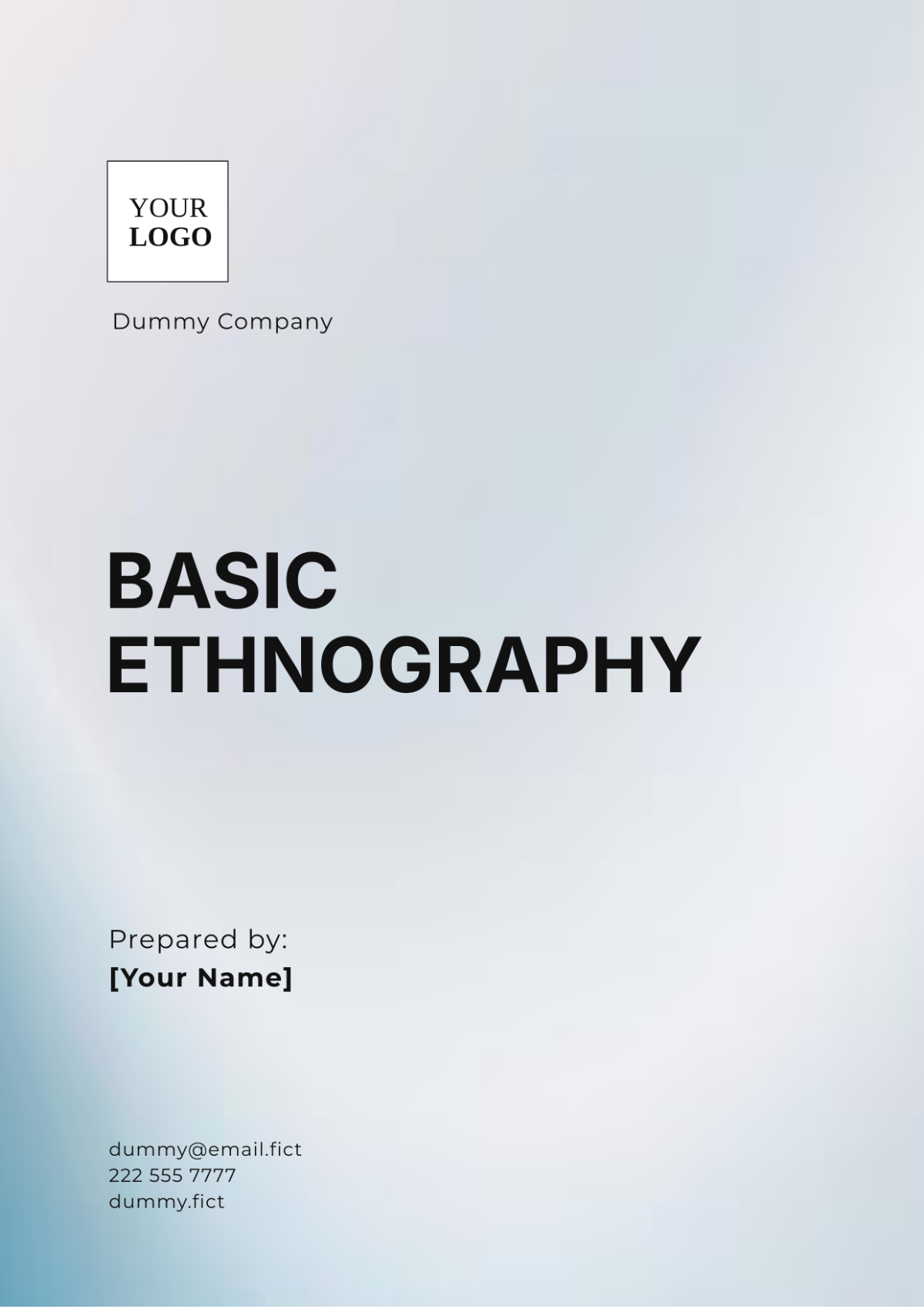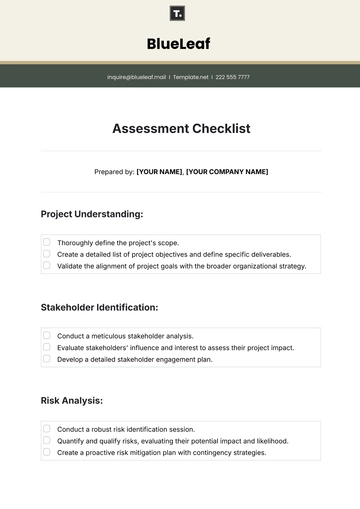Free Basic Ethnography

Introduction
Urban community gardening is a growing trend that brings together diverse groups of people to cultivate shared green spaces in cities. This ethnography explores the cultural practices, behaviors, and perspectives of individuals involved in urban community gardening. Through fieldwork, interviews, and observations, this study aims to provide a comprehensive understanding of the social dynamics and environmental interactions within these gardening communities.
Methodology
Fieldwork
Fieldwork was conducted over six months in several community gardens across a mid-sized urban area. The researcher engaged in participant observation, actively participating in gardening activities and interacting with community members to gain an insider’s perspective.
Interviews
In-depth, semi-structured interviews were conducted with garden coordinators, regular volunteers, and occasional participants. The interviews aimed to gather personal experiences, motivations, and insights into the role of community gardening in their lives.
Observations
Observations focused on interactions among gardeners, organizational practices, and the physical environment of the gardens. The researcher noted how gardening activities influenced social relationships and community cohesion.
Findings
Community Dynamics
Social Interactions
Community gardening fosters a sense of belonging and collective identity among participants. Social interactions are characterized by collaboration, mutual support, and shared goals.
Community Building: Regular gardening activities facilitate the development of social bonds and networks among participants.
Conflict Resolution: Conflicts are typically resolved through group discussions and consensus-building.
Demographics
The community gardens studied attract a diverse range of individuals, including:
Age Groups: Ranges from young adults to retirees.
Ethnic Backgrounds: A mix of ethnicities, reflecting the multicultural nature of urban areas.
Socioeconomic Status: Varied, with both low-income and higher-income individuals participating.
Gardening Practices
Plant Selection
Participants choose plants based on various factors:
Cultural Preferences: Gardens often feature plants that reflect the cultural backgrounds of the gardeners.
Seasonal Considerations: Planting decisions are influenced by seasonal changes and local climate conditions.
Nutritional Needs: Some gardens focus on growing vegetables and herbs for nutritional benefits.
Gardening Techniques
Gardening techniques vary among participants:
Traditional Methods: Includes techniques passed down through generations, such as companion planting and natural pest control.
Innovative Approaches: Incorporates modern techniques such as vertical gardening and hydroponics.
Environmental Impact
Sustainability
Community gardens contribute to environmental sustainability in several ways:
Local Food Production: Reduces the need for transportation and supports local food systems.
Green Space: Enhances urban environments by providing green areas that support biodiversity.
Resource Management
Participants employ various strategies for managing resources:
Water Conservation: Use of rain barrels and efficient irrigation systems.
Waste Reduction: Composting organic waste and recycling garden materials.
Discussion
Cultural Significance
Community gardening serves as a platform for cultural expression and preservation. Gardens often reflect the cultural heritage of their participants through the selection of plants and gardening practices.
Social Benefits
The social benefits of community gardening extend beyond individual participants. Gardens promote social cohesion, provide opportunities for skill development, and contribute to the overall well-being of urban communities.
Challenges
Despite its benefits, community gardening faces several challenges:
Funding and Resources: Limited financial resources can impact the maintenance and expansion of community gardens.
Access and Equity: Ensuring equitable access to gardening spaces and resources can be challenging.
Conclusion
This ethnographic study highlights the significance of urban community gardening as a multifaceted cultural and social practice. The findings demonstrate how these gardening communities foster social connections, cultural expression, and environmental sustainability. Continued research and support for community gardening can enhance its positive impacts on urban environments and their inhabitants.
References
Smith, J. A. (2050). Urban Green Spaces: Community Gardens and Social Change. Green City Press.
Doe, M. B. (2051). “Cultivating Culture: The Role of Community Gardens in Urban Areas.” Journal of Urban Sociology, 15(3), 45-67.
Johnson, L., & Lee, R. (2052). Gardens of Diversity: Exploring Urban Agriculture. Academic Publishing House.
- 100% Customizable, free editor
- Access 1 Million+ Templates, photo’s & graphics
- Download or share as a template
- Click and replace photos, graphics, text, backgrounds
- Resize, crop, AI write & more
- Access advanced editor
The Basic Ethnography Template from Template.net offers a fully editable and customizable format, making it ideal for researchers. Effortlessly modify content to fit your needs, ensuring a professional result. Plus, it’s editable in our AI Editor too, allowing quick adjustments for enhanced usability. Perfect for streamlining your ethnographic studies!





























